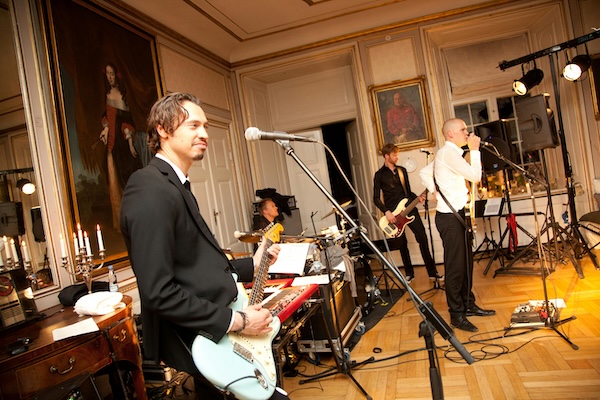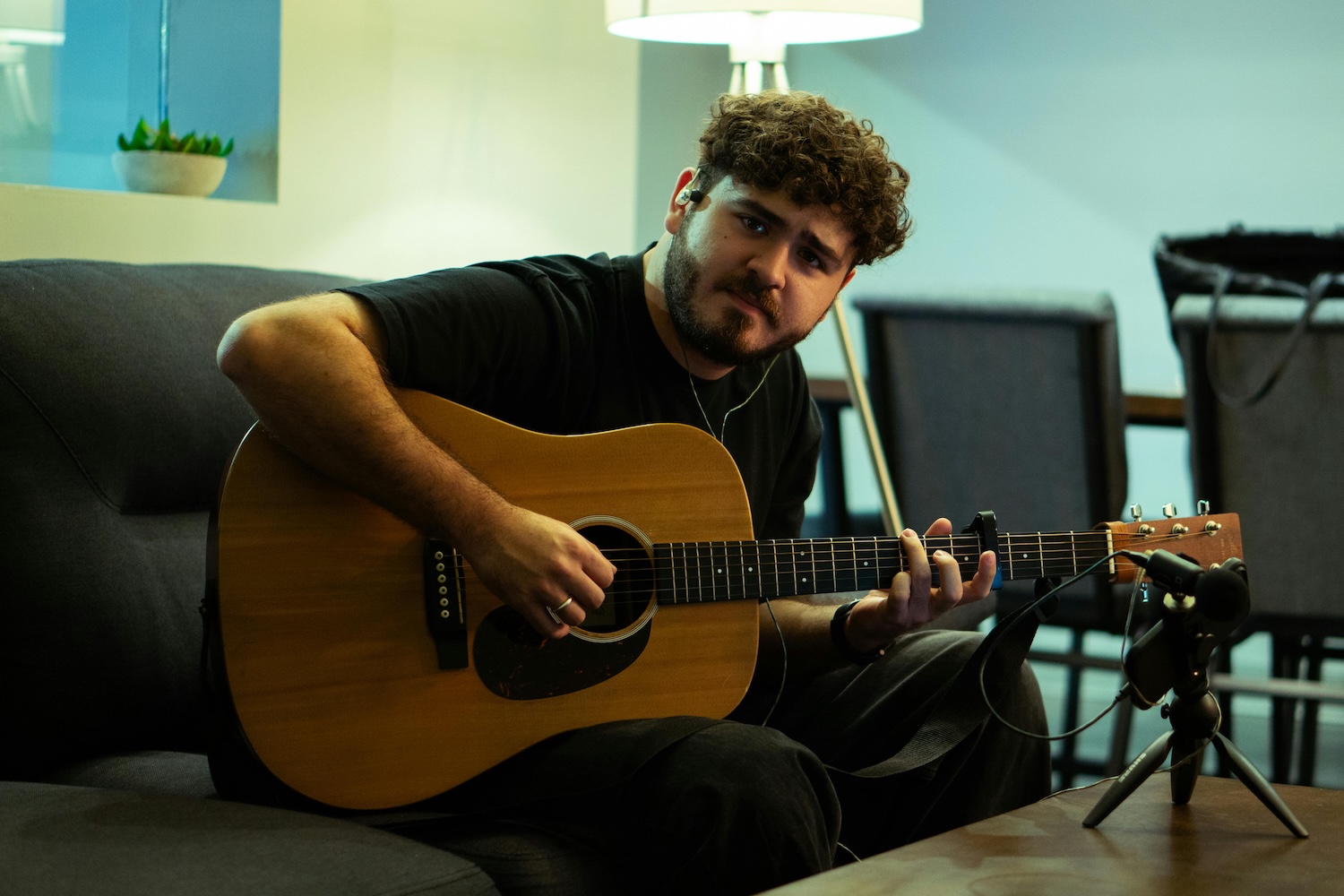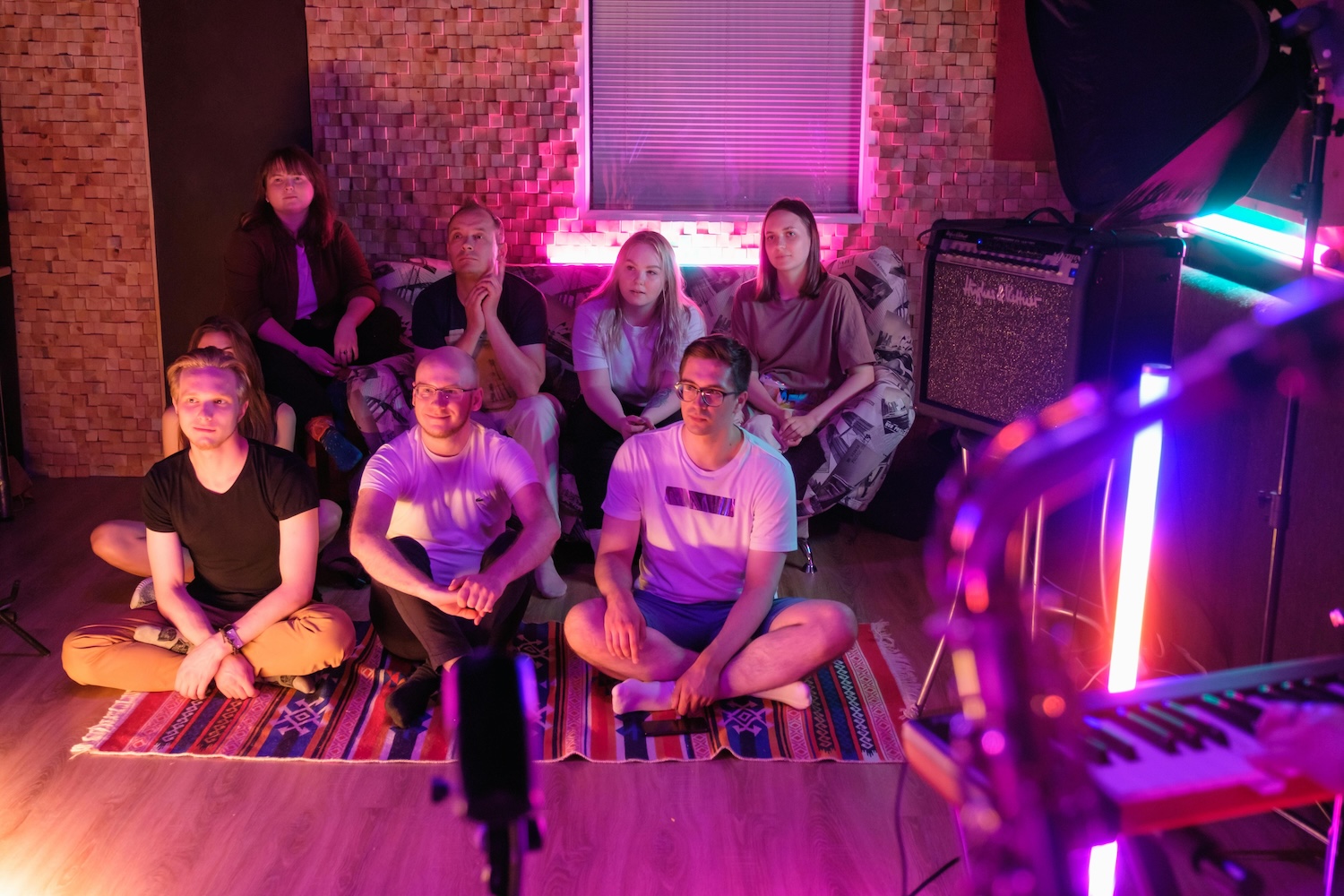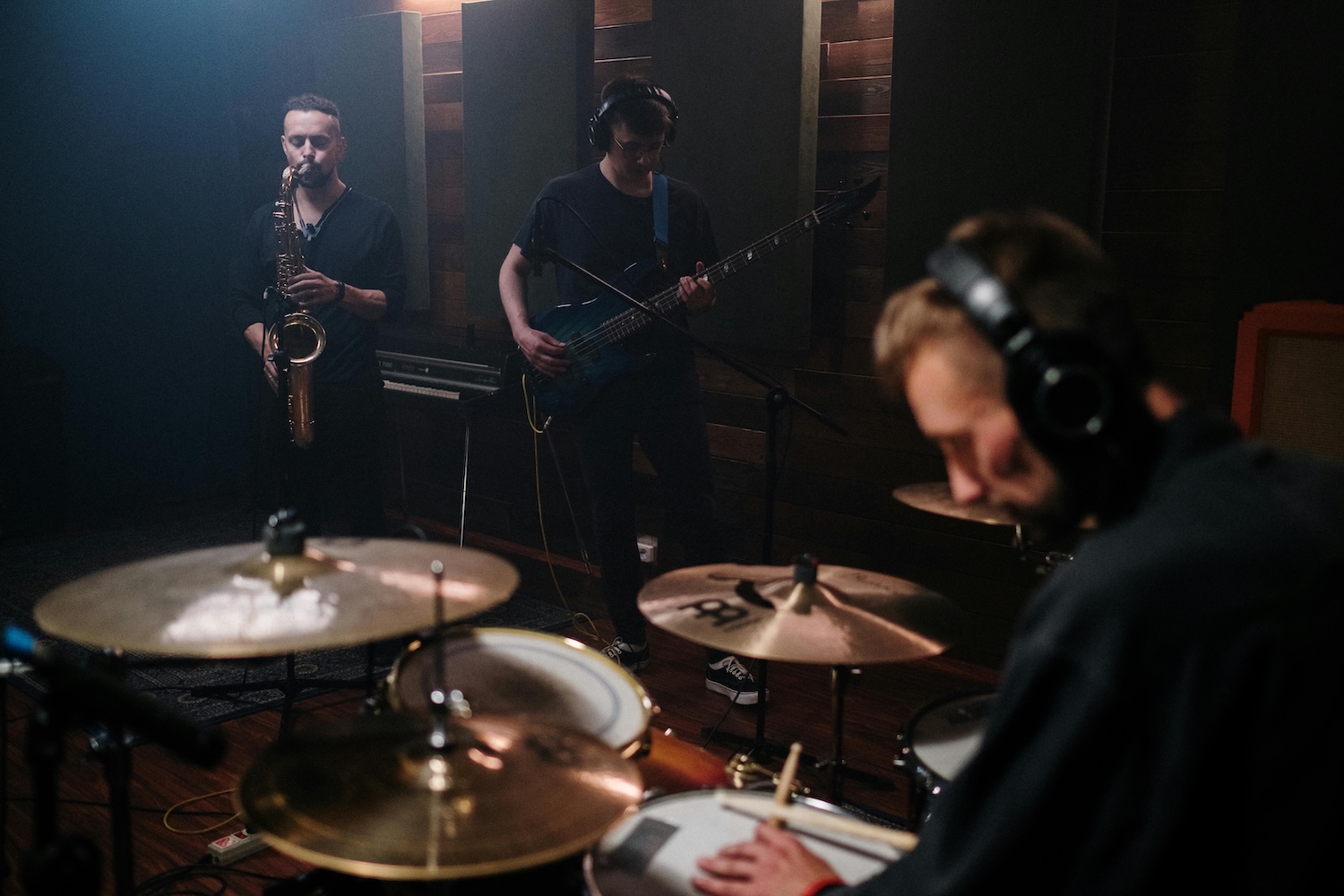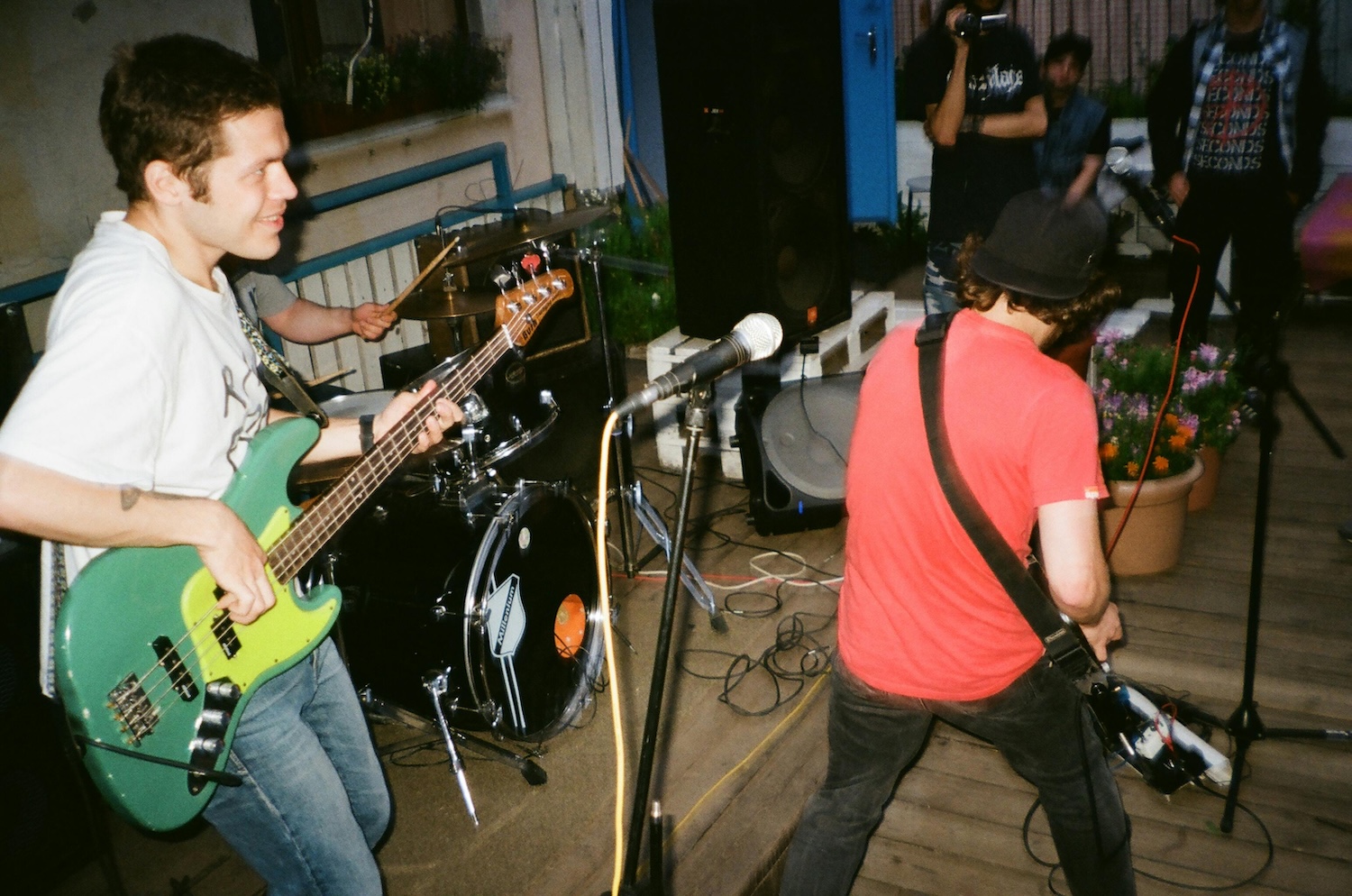Guide: How to Set Realistic Goals as a Musician
Turn your dreams into action – without losing motivation
Dreaming big is part of being a musician. Maybe you want to play at Glastonbury, release your own album, or make a living from your music. But if that dream stays vague and distant, without a plan to reach it, it can start to feel unreachable – and kill your motivation.
This guide will help you set realistic goals that move you forward in your musical journey – without giving up your ambition.
1. Start with the big dream – and work backwards
The first step is to allow yourself to think big. Ask yourself:
Where do I want to be as a musician in five or ten years?
Once you’ve got that vision in mind, break it down:
What needs to happen in the next year to get me closer?
Then: What can I do this month – or this week?
By working backwards, you make the dream feel more concrete and actionable.
2. Use SMART goals
SMART stands for Specific, Measurable, Achievable, Relevant, and Time-bound. Here's an example:
Vague goal: I want to get better at playing guitar.
SMART goal: I’ll practice scales and chord progressions for 30 minutes a day, five days a week, for the next two months.
SMART goals give you something specific to aim for – and track.
3. Break goals into micro-actions
Big goals can feel overwhelming, especially if they involve new skills, contacts, or investments. But every big step forward is made up of many small actions.
Example:
Want to release an album? Break it down:
– Write 10 songs
– Record rough demos
– Find a producer
– Launch a crowdfunding campaign
– Book studio time
– Plan a release event
Focusing on one small step at a time helps you stay in motion – and stay motivated.
4. Review and adjust regularly
Goals aren’t set in stone. At the end of each week or month, ask yourself:
– What went well?
– What surprised me?
– What should I change?
Adjusting your goals isn’t failure – it’s smart strategy. The aim isn’t perfection, but progress.
5. Celebrate your milestones
When you reach a mini-goal – like writing a song, finding a rehearsal partner, or playing your first gig – take a moment to recognize it. Celebrating milestones helps keep your energy up and reminds you that you’re getting somewhere.
Final Thoughts: Realism doesn’t kill the dream – it keeps it alive
Setting realistic goals takes courage. It’s tempting to dream without limits, but turning a dream into a concrete plan is what makes it real. It gives you something you can act on. Something you can track. Something you can believe in.
So what’s your next step? Not in five years. Not tomorrow.
Today.
Want more guides, tools, and real-life insights to help you grow as a musician? Follow the Beatnickel blog for regular inspiration and practical tips from the world of music.







